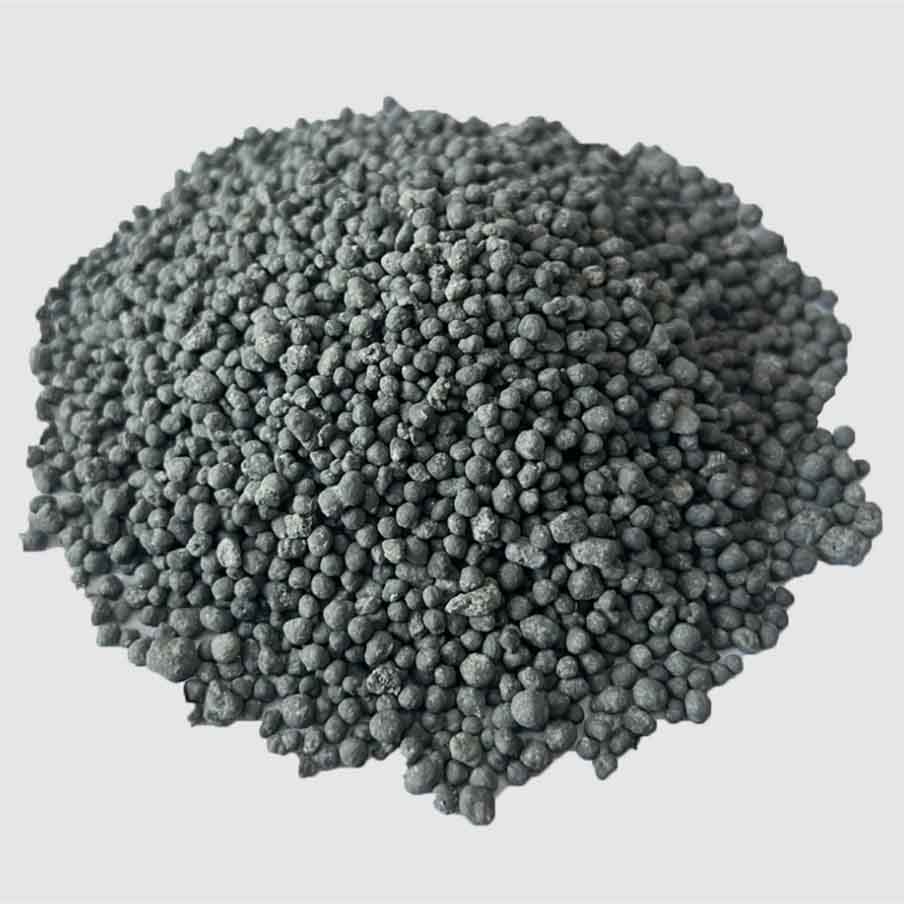
Dec . 12, 2024 11:22 Back to list
nitrogen bio fertilizer
The Role of Nitrogen Biofertilizers in Sustainable Agriculture
In the quest for sustainable agriculture, the use of biofertilizers has gained considerable attention from researchers and farmers alike. Among these biofertilizers, nitrogen biofertilizers play a critical role. These natural fertilizers, primarily composed of living microorganisms, enhance soil fertility and crop yields while reducing dependency on chemical fertilizers. This article explores the significance of nitrogen biofertilizers, their mechanisms of action, and their potential benefits for sustainable agricultural practices.
Understanding Nitrogen Biofertilizers
Nitrogen biofertilizers are defined as products containing living microorganisms that promote plant growth by increasing the availability of nitrogen in the soil. Nitrogen, an essential nutrient for plants, is a key component of amino acids, proteins, and chlorophyll. While atmospheric nitrogen (N2) is abundant, it is not directly usable by plants. Nitrogen biofertilizers, through biological nitrogen fixation, convert atmospheric nitrogen into a form that plants can assimilate, primarily ammonia.
The most widely studied nitrogen-fixing microorganisms include various species of bacteria, such as Rhizobium, Azospirillum, and Frankia, and blue-green algae like Nostoc and Anabaena. These microorganisms form symbiotic relationships with plants—most notably, legumes—and colonize their roots, where they fix atmospheric nitrogen. In return, the plants provide the microorganisms with carbohydrates and a suitable environment for growth.
Mechanisms of Action
The efficacy of nitrogen biofertilizers can be attributed to several mechanisms. First, the nitrogen-fixing bacteria convert atmospheric nitrogen into ammonia, which is then transformed into nitrates and nitrites, mobile forms of nitrogen that plants can use. This process not only supplies essential nutrients to the plants but also enriches the soil by increasing its overall nitrogen content.
Second, nitrogen biofertilizers enhance the overall microbial activity in the soil, promoting a healthy soil ecosystem. This increased microbial activity helps enhance nutrient cycling, soil structure, and water retention—all crucial factors for plant growth. Furthermore, some biofertilizers can produce growth-promoting substances, such as hormones and vitamins, which stimulate root and shoot development.
Benefits of Nitrogen Biofertilizers
nitrogen bio fertilizer

One of the most significant benefits of using nitrogen biofertilizers is their contribution to sustainable agriculture. Unlike synthetic fertilizers, which can create soil degradation, water pollution, and health hazards, nitrogen biofertilizers are environmentally friendly. They reduce the need for chemical inputs, leading to lower production costs and a decreased carbon footprint.
Moreover, the use of nitrogen biofertilizers can improve soil health by enhancing its microbial diversity and activity. Healthy soil is better equipped to retain water, making it more resilient to drought conditions—a critical factor given the increasing frequency of extreme weather events due to climate change. Additionally, biofertilizers can help reduce soil erosion and degradation, ensuring that arable land remains productive for future generations.
Beyond environmental benefits, nitrogen biofertilizers can improve crop yields. Numerous field studies have demonstrated that the application of nitrogen biofertilizers can lead to comparable or even superior yields compared to traditional fertilizers. This is particularly important for resource-poor farmers who may not have access to chemical fertilizers but seek to enhance their agricultural productivity.
Challenges and Future Directions
Despite their advantages, the widespread adoption of nitrogen biofertilizers faces several challenges. One of the main obstacles is the variability in their effectiveness, which can depend on factors such as soil type, climate conditions, and specific plant species. Additionally, farmers may require educational resources and guidance on the proper application of biofertilizers for maximum benefit.
Future research should focus on developing biofertilizer formulations tailored to specific crops and environmental conditions. Additionally, increasing awareness and knowledge among farmers about the benefits and use of nitrogen biofertilizers is crucial. Government support and policies promoting the use of sustainable practices can also encourage the adoption of these eco-friendly solutions.
Conclusion
In conclusion, nitrogen biofertilizers represent a promising avenue for enhancing agricultural sustainability. They provide an eco-friendly alternative to chemical fertilizers, enrich soil health, and potentially improve crop yields. By harnessing the power of nature through biological processes, we can move towards a more sustainable agricultural paradigm that benefits both farmers and the environment. As research and knowledge about nitrogen biofertilizers continue to grow, their integration into farming practices will be essential in addressing the challenges of food security and environmental conservation in the 21st century.
-
10 10 10 Fertilizer Organic—Balanced NPK for All Plants
NewsJul.30,2025
-
Premium 10 10 10 Fertilizer Organic for Balanced Plant Growth
NewsJul.29,2025
-
Premium 10 10 10 Fertilizer Organic for Balanced Plant Growth
NewsJul.29,2025
-
Premium 10 10 10 Fertilizer Organic for Balanced Plant Growth
NewsJul.29,2025
-
50 Pound Bags of 13-13-13 Fertilizer for All Plants – Bulk & Organic Options
NewsJul.28,2025
-
High-Efficiency 15-30-15 Granular Fertilizer for Healthy Crops
NewsJul.28,2025
